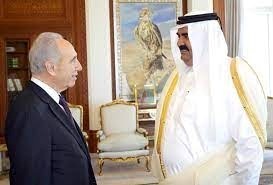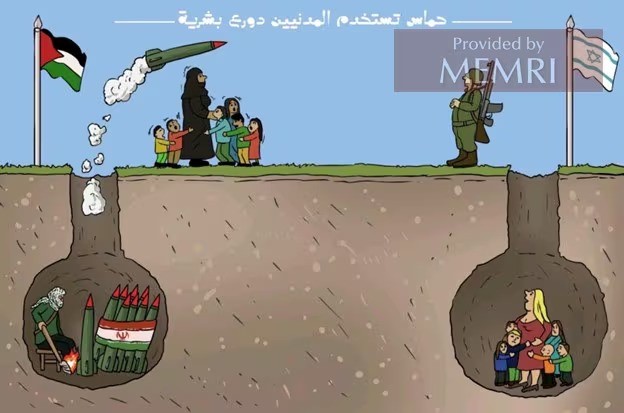Qatar, a small but influential nation in the Middle East, has consistently drawn attention due to its role in regional and global politics. However, a critical examination of its actions reveals several troubling aspects. Qatar’s support for Hamas, including hosting its leaders in exile, is a matter of concern, particularly as it stands in contrast to the positions of the U.S., Israel, and Europe, all of which designate Hamas as a terrorist organization. Qatar’s failure to publicly condemn Hamas attacks on Israel further hampers efforts to promote peace and stability in the region.
Qatar’s close ties with Iran, a country known for its destabilizing actions, have raised doubts about its commitment to regional stability. Additionally, its relationships with the Taliban and the hosting of Taliban members have been viewed skeptically, given the group’s history of extremism. The decision to permanently close the Israeli office in Doha following Israel’s war in Gaza in 2009 has been criticized for hindering diplomatic channels and potentially undermining prospects for peace in the region. A nuanced assessment of Qatar’s role reveals a complex web of actions that warrant critical scrutiny in the context of regional and global politics.
Qatar’s Support for Hamas: Undermining Global Anti-Terrorism Efforts
Qatar’s support for Hamas, a designated terrorist organization by the U.S., Israel, and Europe, has generated substantial international criticism. Hosting Hamas leaders in exile raises serious concerns, as it provides the group with a platform and resources that could potentially be used to further its militant activities. This stance undermines global efforts to combat terrorism, as it appears to legitimize and support an organization involved in violence and conflict. The international community has consistently called for the isolation of terrorist groups like Hamas, and Qatar’s association with them has raised doubts about its commitment to this objective.
Qatar’s Silence on Hamas Attacks: Undermining Peace Efforts
Qatar’s failure to publicly condemn Hamas attacks on Israel has drawn significant criticism. In a region marked by ongoing conflict, a lack of condemnation can be seen as a negative stance that hampers efforts to promote peace and stability. Condemning acts of violence, regardless of the party responsible, is crucial for fostering a climate conducive to dialogue and peaceful resolution of conflicts. Qatar’s failure to do so has raised doubts about its commitment to regional stability and its willingness to engage in constructive diplomatic efforts.
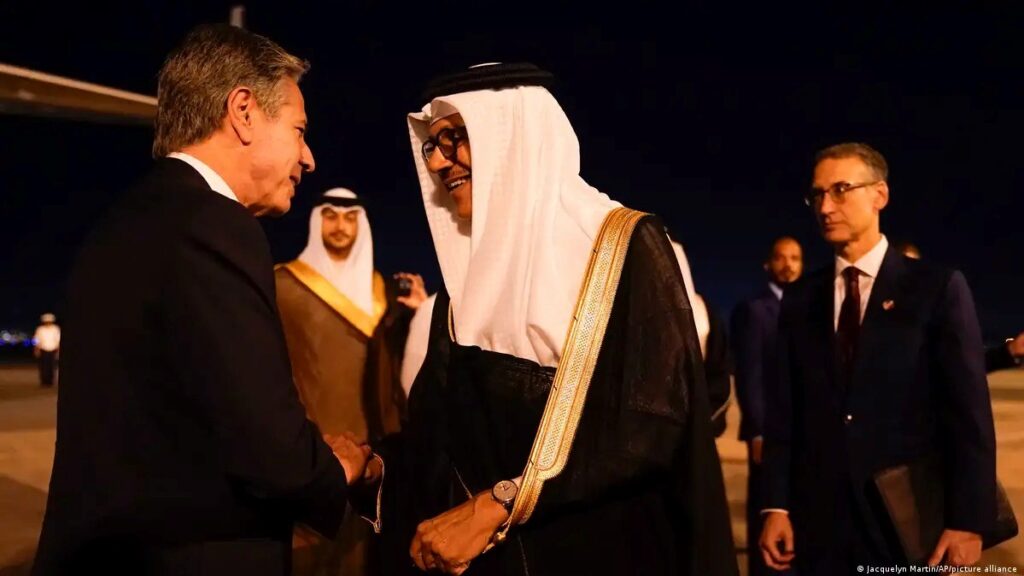
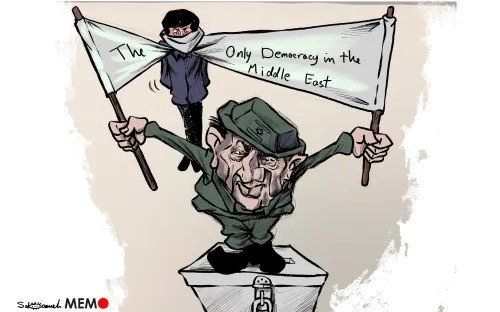
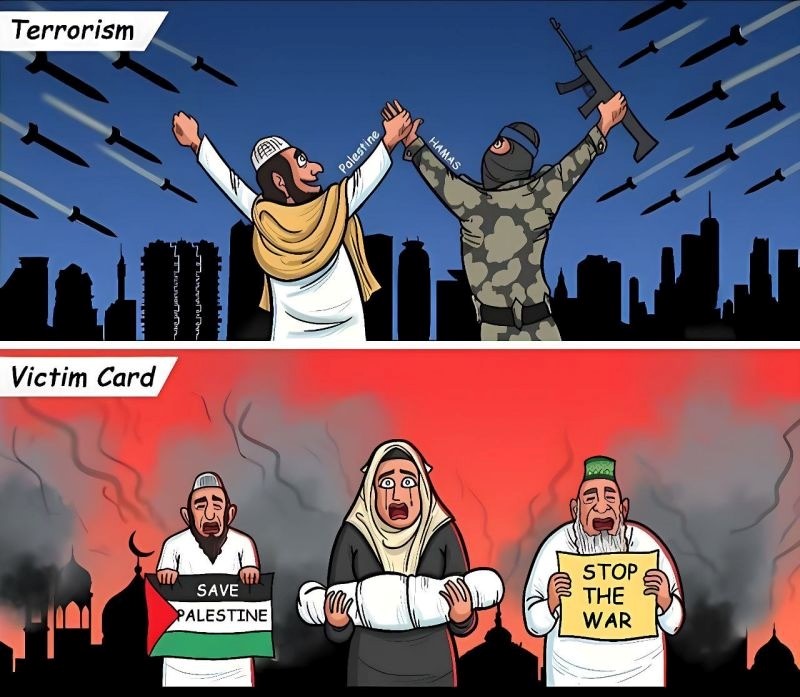
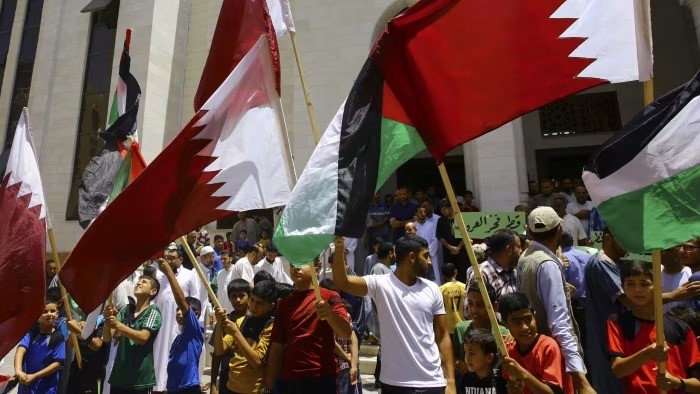
Qatar’s Controversial Alliances: Casting Doubts on Regional Stability
Qatar’s controversial relationships have raised significant concerns in the international arena. Its close ties with Iran, a country often seen as a source of regional destabilization, have prompted doubts about Qatar’s commitment to regional stability. Sharing an underwater gas field with Iran, while a commercial arrangement, also complicates the geopolitical landscape. Furthermore, Qatar’s relationship with the Taliban, including its hosting of members of the group, is particularly worrisome. The Taliban’s history of extremism and its involvement in violence and terror activities cast a shadow on Qatar’s diplomatic choices. These controversial relationships have led many to question Qatar’s role in promoting regional peace and stability, and they have contributed to the skepticism surrounding the nation’s international engagements.
Qatar’s Closure of Israeli Office: A Setback for Diplomacy and Peace Efforts
Qatar’s decision to permanently close the Israeli office in Doha in the aftermath of Israel’s war in Gaza in 2009 has been met with criticism and concern on the international stage. Diplomatic channels serve as critical conduits for dialogue and conflict resolution, especially in a region marked by longstanding tensions. By shutting down the Israeli office, Qatar not only hindered crucial avenues for communication but also potentially undermined the prospects for peace in the region. This move was perceived as a departure from the principles of open diplomacy and dialogue, further complicating an already challenging geopolitical landscape. Qatar’s decision to close the Israeli office has drawn scrutiny and has been seen as a move that could potentially impede the search for a peaceful resolution to conflicts in the Middle East.
Qatar’s Complex Role in Global Politics
In conclusion, Qatar’s influence in global politics is undoubtedly a multifaceted issue that warrants careful consideration. While the nation has been involved in constructive efforts such as mediation and providing humanitarian aid, it is not immune to criticism for its associations with controversial groups like Hamas and its close relationships with nations like Iran and the Taliban. These controversial affiliations have raised concerns about Qatar’s commitment to regional and global stability. A nuanced understanding of Qatar’s role is essential to comprehensively assess its impact on the intricate dynamics of both regional and global politics.
